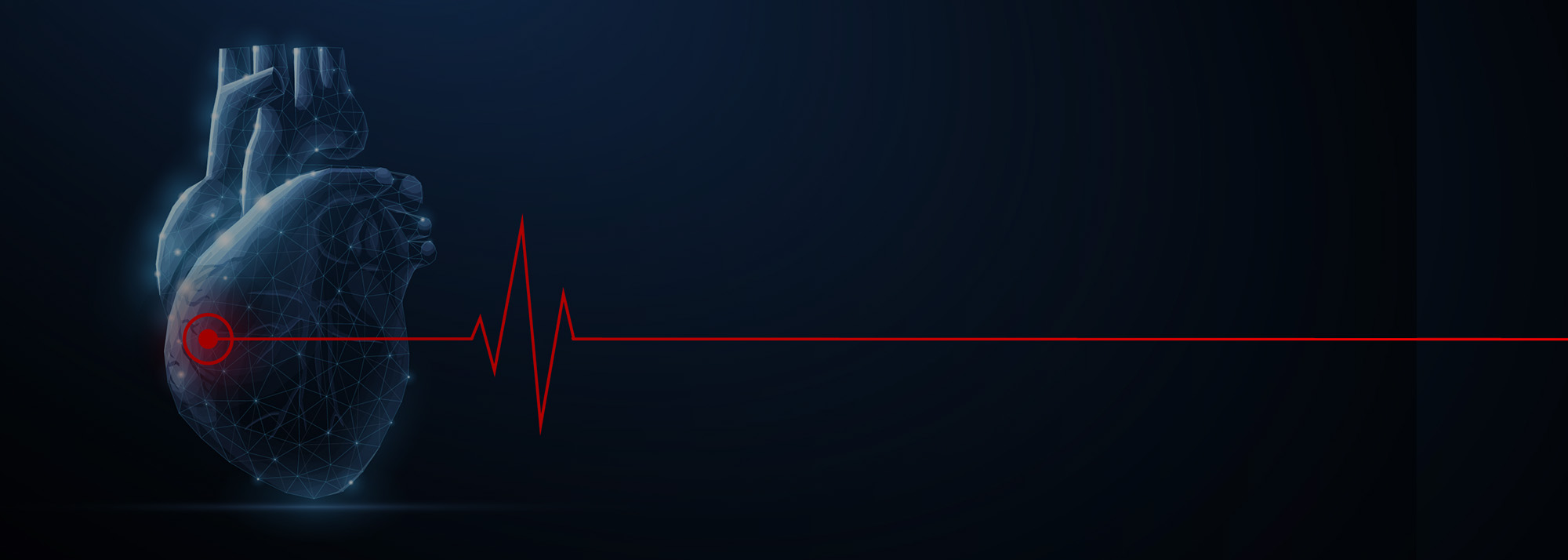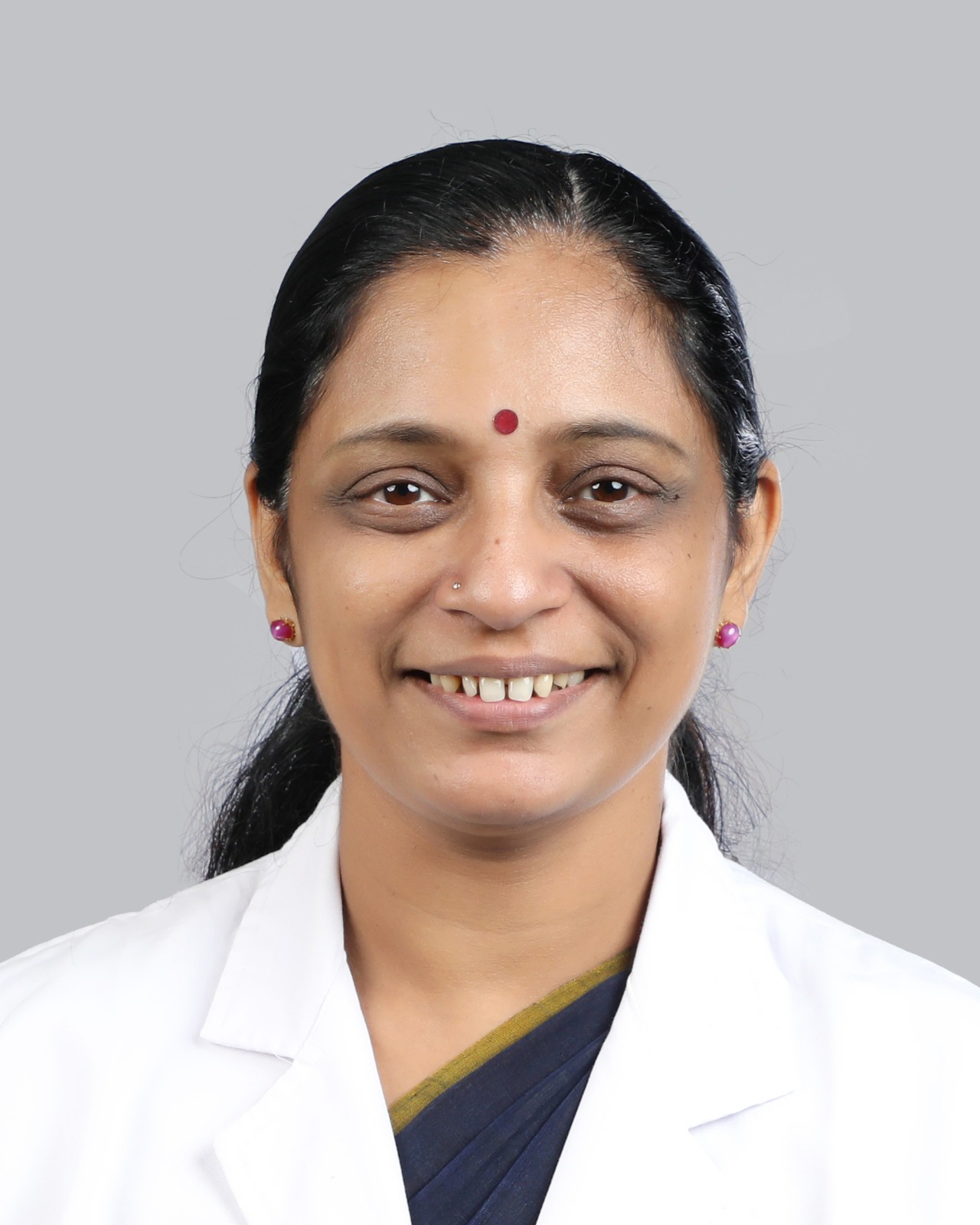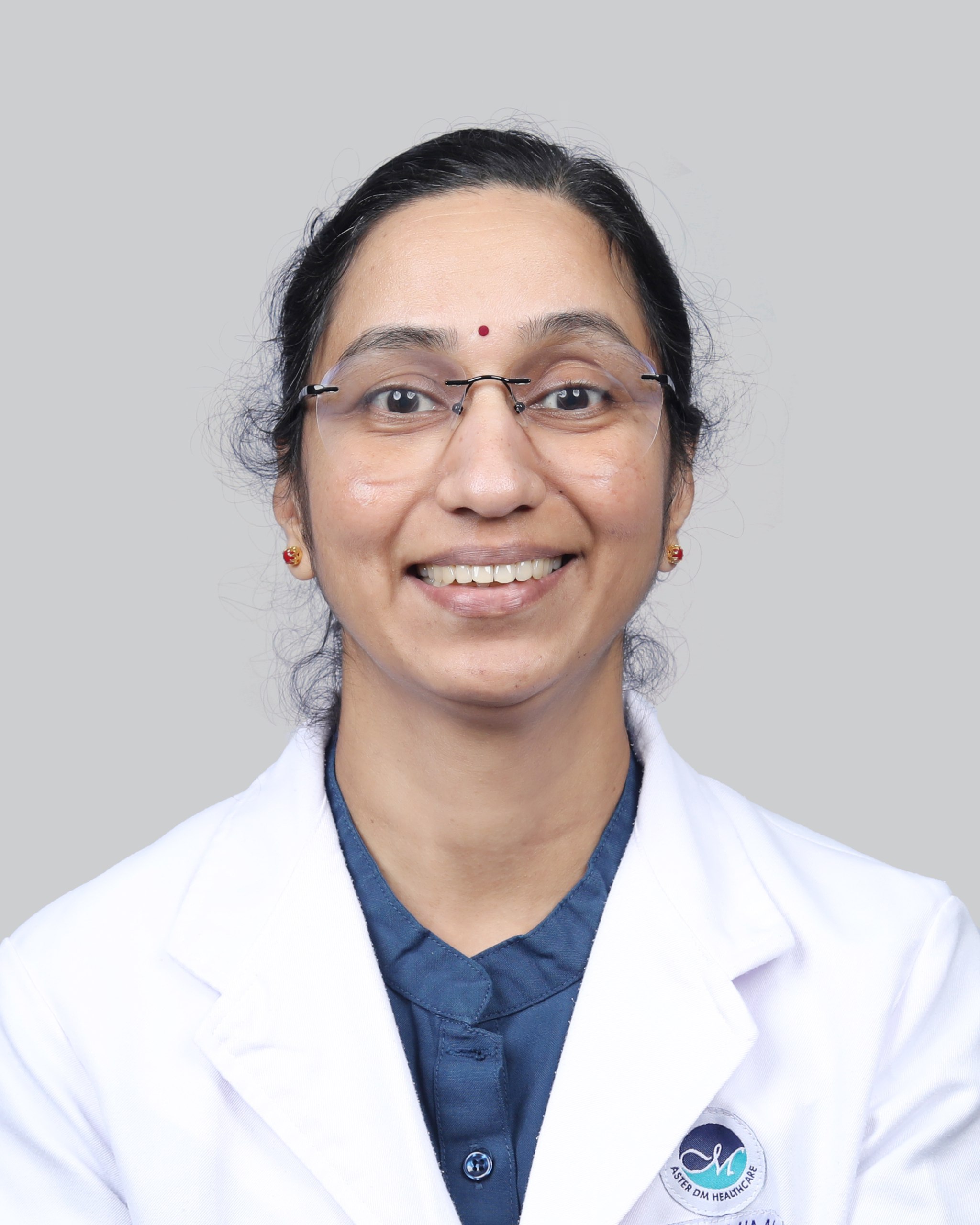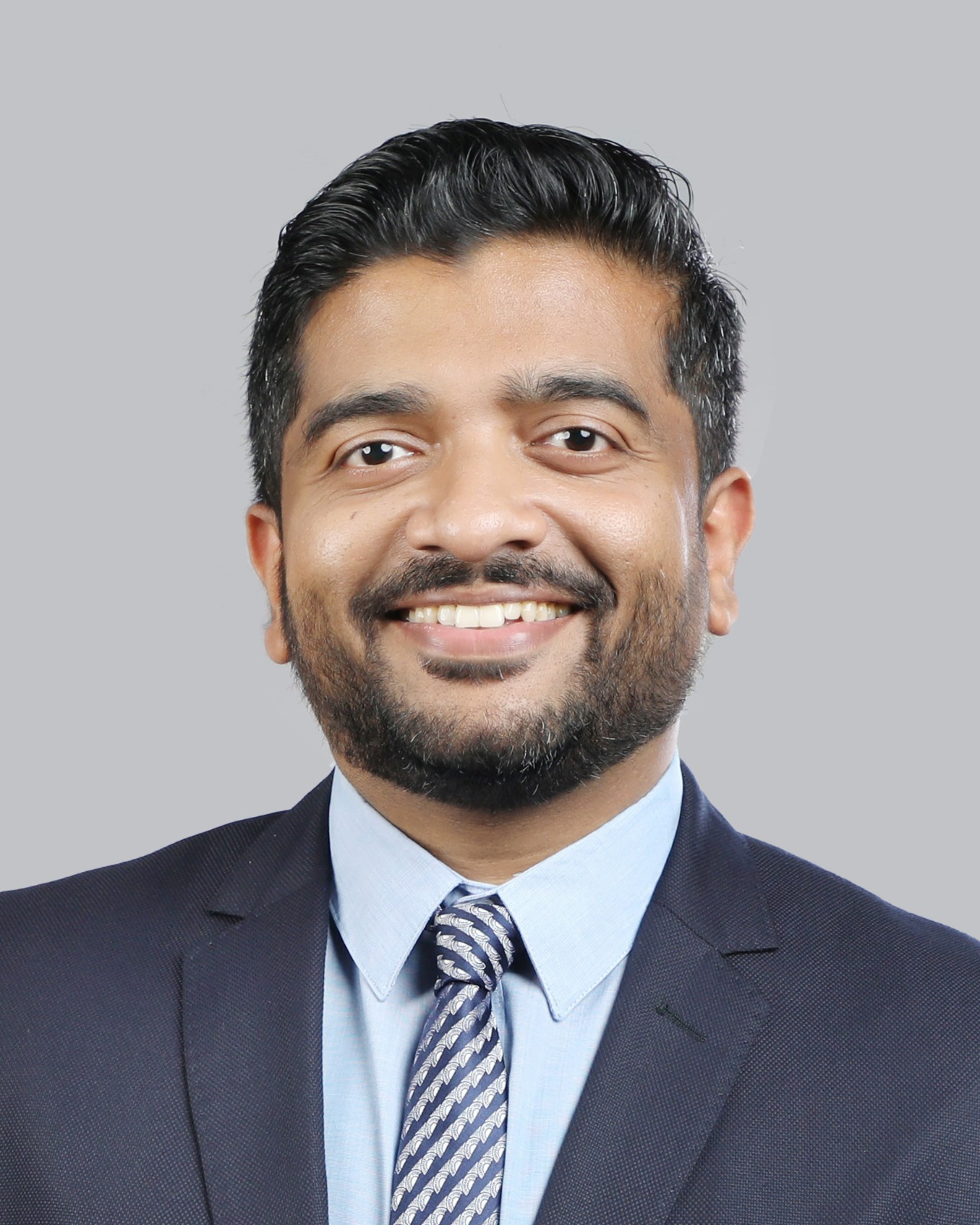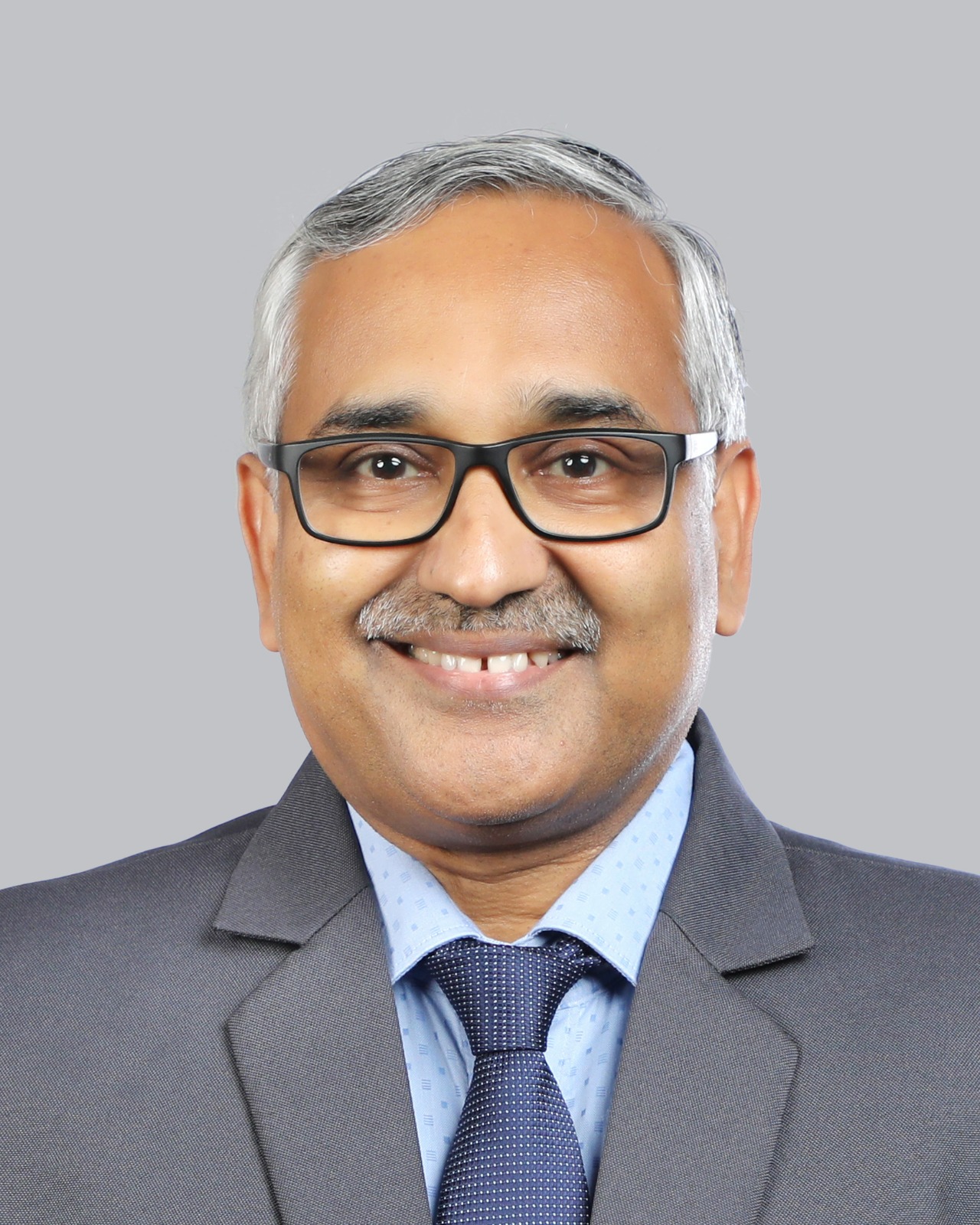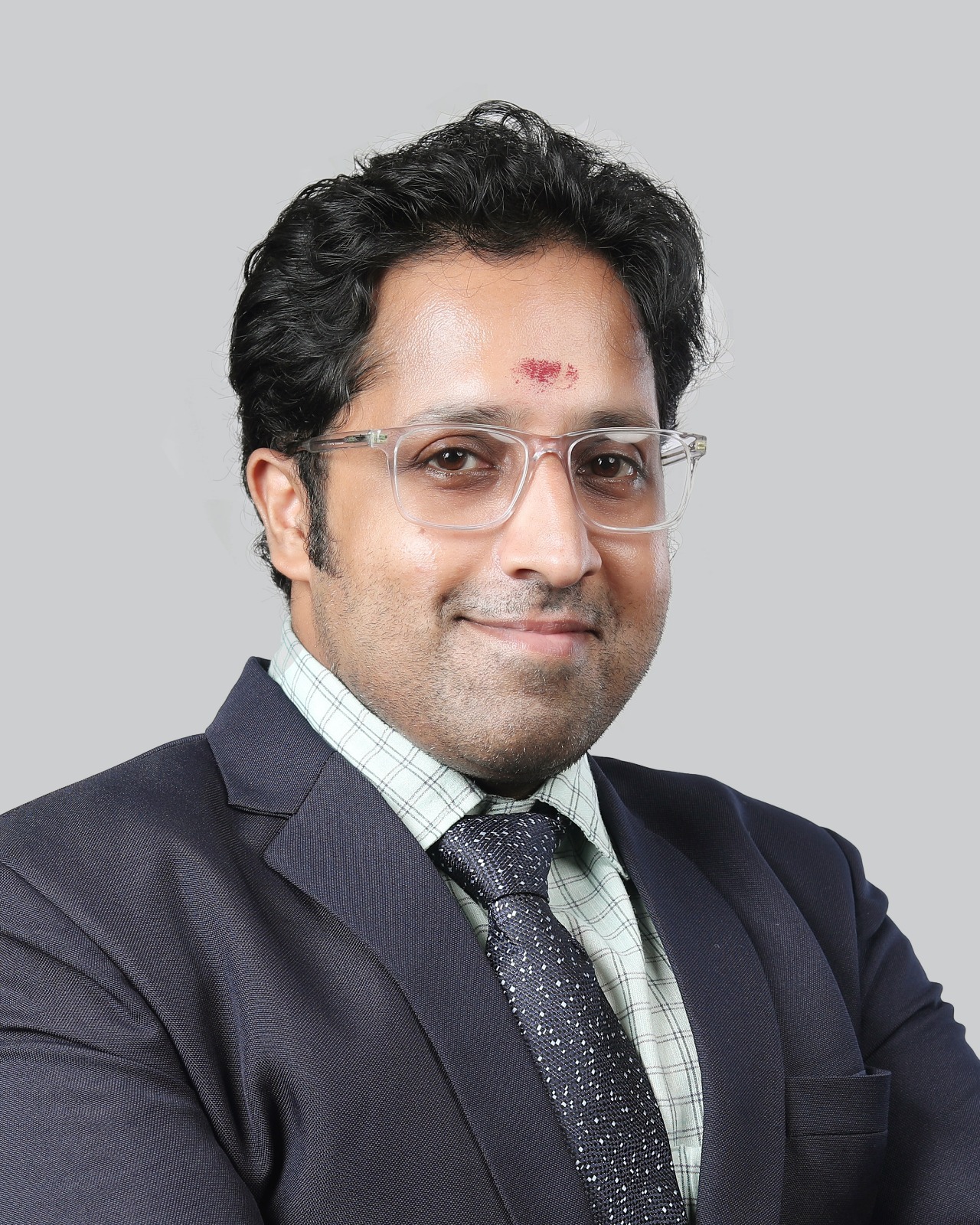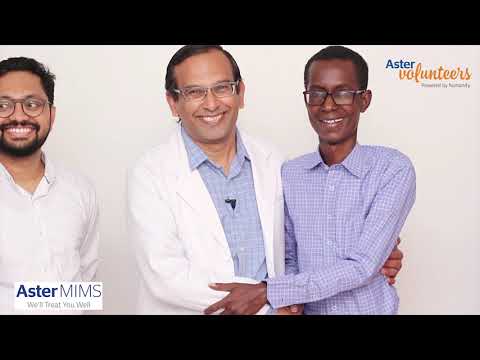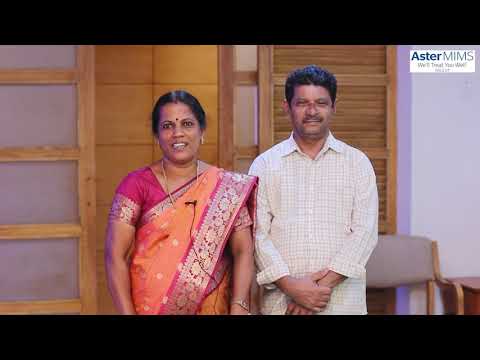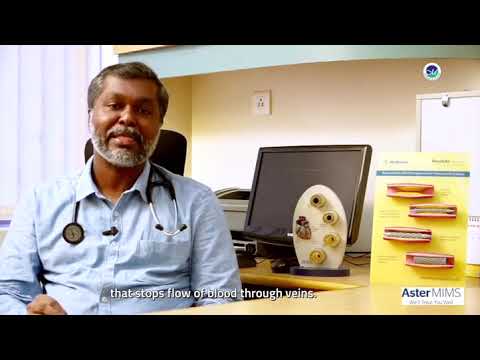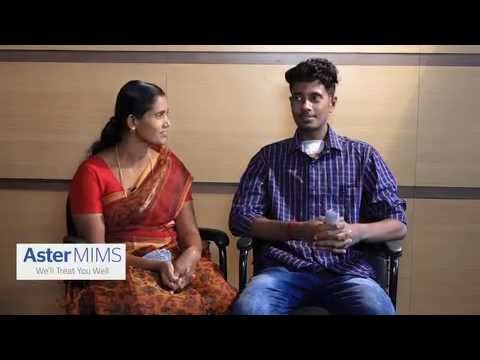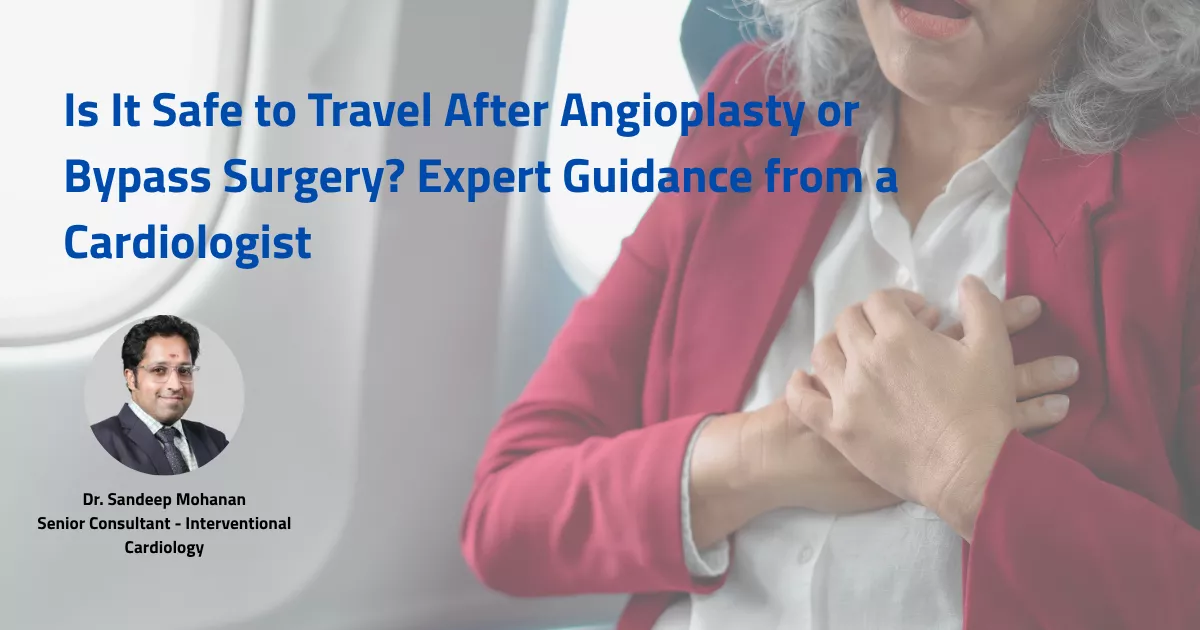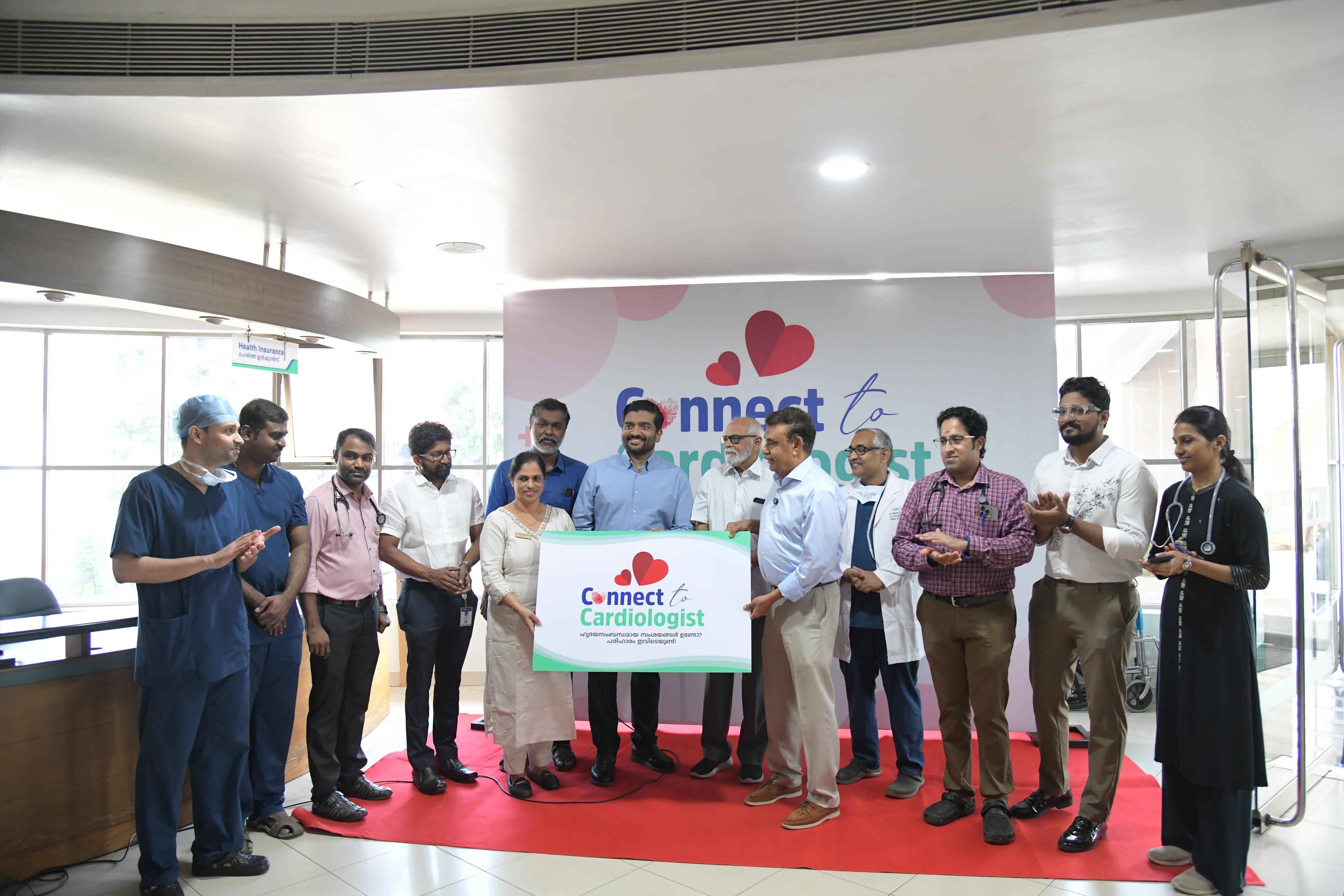At Aster MIMS Calicut, we specialize in minimally invasive heart care designed to diagnose and treat heart and blood vessel conditions without traditional open-heart surgery. Our interventional cardiology team combines advanced technology with years of experience to help you return to a healthier life, faster and safer.
What Does Interventional Cardiology Involve?
Interventional cardiology focuses on treating heart and vascular issues through procedures done with catheters, thin, flexible tubes inserted through blood vessels, rather than large surgical incisions. This modern approach offers less pain, shorter recovery times, and fewer complications, making it a preferred option for many heart patients.
Heart Conditions We Treat
We care for patients facing a wide range of cardiovascular concerns, including:
- Narrowed or blocked arteries (CAD)
- Heart attacks
- Chest discomfort or angina
- Peripheral artery disease (PAD)
- Heart valve issues
- Congenital heart defects
- ASD (Atrial Septal Defect) and PFO (Patent Foramen Ovale)
- Abnormal Heart Rhythms
Whether you're dealing with a long-term health condition or facing unexpected symptoms, our expert team is here to support you
Our Minimally Invasive Heart Procedures
We offer a comprehensive range of interventional therapies, carefully customized to meet your individual health needs, including:
- Drug-eluting Balloon angioplasty (With drug-coated balloon) – Opens up blocked or narrowed arteries to restore blood flow.
- Stent placement – Inserts a small mesh tube to keep arteries open long-term.
- Cardiac catheterisation – A diagnostic procedure to assess heart function and detect blockages.
- TAVR (Transcatheter Aortic Valve Replacement) – Replaces a damaged valve without open surgery.
- Balloon valvuloplasty – Improves blood flow by widening narrowed heart valves.
- Structural heart procedures – Treats holes or other abnormalities in the heart using catheter techniques.
- Advanced imaging (IVUS and OCT) – Provides a clear, detailed view inside blood vessels for accurate treatment planning (Precision Angioplasty)
- Calcium modification rotablation, Orbital Atherectomy, IVL Procedure are studied and routinely done for complex angioplasty(CHIP-PCI)
- EP Study, RFA and Pacemakers – For a patient with slow or abnormal heartbeats
Talk to a Heart Specialist Today
If you’re dealing with chest pain, shortness of breath, or have been told you need a heart procedure, our interventional cardiology experts are here to help. We’ll walk you through your options and develop a treatment plan that fits your life.
Connect to cardiologist +91 7736 436236
Adult Cardiology
- First centre to perform TAVI in North Kerala in 2017. Established dedicated TAVI program in collaboration with University Hospital, Copenhagen and currently has performed maximum number of TAVI cases in Kerala.
- First and Largest complete Interventional cardiac care centre in North Kerala with experience of more than 35,000 cardiac catheterization till date
- Offers basic and advanced coronary interventions including CTO angioplasty, rotablation and OCT, intravascular ultrasound and FFR- guided procedures
- Specialized centre performing largest number of TAVI, structural interventions including ASD, VSD and PDA device closure, valvuloplasty including BAV, BPV, BMV, BTV, Balloon pericardiostomy.
- Dedicated aortic and peripheral interventional centre including complex EVAR, TEVAR, Fenestrated EVAR, peripheral, carotid, renal and mesenteric angioplasty & stenting. Critical limb ischemia care, venous interventions including dialysis access intervention.
Paediatric Cardiology
- Offers advanced paediatric, fetal and neonatal cardiac services including neonatal and paediatric echocardiography
- Offers dedicated fetal cardiac program which include fetal echocardiogram, counseling and further management. This also includes management of fetal cardiac arrhythmias and intrauterine transfer and peri-natal care of fetal CHD in required patients, in coordination with concerned departments.
- Offers interventional paediatric cardiac services including ASD, VSD, PDA device closures, and interventions for complex congenital heart diseases
- Paediatric cardiac surgery
- Advanced paediatric and neonatal cardiac surgical and anesthetic services, with dedicated ICU, offering full range of surgeries for simple and complex congenital heart disease
- Only centre having dedicated paediatric and congenital heart surgery facility in Malabar with facility to cater to neonate, infants and paediatric patients
- Operating patients with complex congenital heart disease in all age groups from across India and abroad- from Africa including Somalia and Nigeria
- Tie-up with Milaap, MIMS trust, Aster DM foundation and ISM heart care fund to provide affordable treatment. A tie up with EKAM foundation is in pipeline.
- Enrolled with Hridyam, a Kerala Government initiative for helping children born with congenital heart disease. The team has completed 150 heart surgeries under Hridyam since October, 2018.
Electrophysiology
- Offers routine electrophysiological studies with radiofrequency ablation of supraventricular and ventricular tachycardia using 3 D Mapping technology.
- Offers pacemaker implantation, automated implantable cardioverter-defibrillator (AICD) implantation and Cardiac resynchronization therapy (CRT).
Advanced Technology & Facilities
Well equipped with the latest medical equipment, modern technology & infrastructure, Aster Hospital is one of the best hospitals in India.
Diagnose and measure the ability of the heart to withstand external stress conditions. People often encounter conditions where their heart responds abnormally while working out or climbing stairs. This can create severe complications if ignored. A person might feel strong palpation, increased heartbeat and chest pains. Aster’s Rest & Exercise Stress ECG aims to diagnose all such conditions when the heart may respond abnormally. The expert doctors measure the ability of the heart to respond to external stress. Aster’s infrastructure supports many labs and high-tech machines, it’s experienced team and the Cardiology Department perform these tests in well-controlled conditions.
To find the cause of fainting spells by taking different tests. Young adults or even children may face vasovagal attacks due to a sudden drop in blood pressure. This reduces the circulation of blood and causes unconsciousness and sudden fainting of the person. Aster’s Head Up-Tilt Test aims at testing your body in various angles to understand the cause of fainting spells. The expert doctors record the heart rate and blood pressure while performing the test. Aster’s strong infrastructure, it’s seasoned team, and the Cardiology Department monitor the patient's heart’s response, oxygen levels and blood pressure in the electrophysiology lab.
It tracks heart rhythm to check and confirm any heart-related problems. Patients with an irregular heartbeat could be suffering from arrhythmia. Under this condition, the patient may experience rapid heartbeat or the heart may become slower-paced. It is a symptom that indicates that the electrical signal coordinating the heartbeat is not working. Arrhythmia is potentially fatal and causes severe complications. A cardiologist will recommend you to undergo an electrocardiogram (ECG or EKG), a common test to diagnose arrhythmia. Holter monitoring is a gift of medical technology that records your uneven heartbeat for 24 to 48 hours continuously. The device is a blessing for patients with a pacemaker as it enables the doctor to study the heart’s activity throughout the day. The cardiology department of the Aster Hospital is ahead of its time. It is equipped with the latest Holter monitor for a thorough examination of the heart and provides an accurate report for proper treatment.
This is a non-invasive imaging test to check the blood flow to the heart muscle and recognize poor areas of blood flow. If a person often experiences chest pain for an extended period or is suspected of coronary artery disease (CAD), he/she needs medical attention from qualified cardiologists. The doctors may recommend a stress myocardial perfusion scan to assess the blood flow, heart muscle damage, etc. Patients who have sustained a heart attack or undergone bypass surgery, angioplasty, or stent placement also need to be examined with the help of myocardial perfusion imaging studies. It is a non-invasive imaging test that assesses the blood flow through the heart muscles and determines if the heart muscle is pumping normally. Aster Hospital’s cardiology department has an exemplary infrastructure with myocardial perfusion imaging studies to detect weak heart muscles and poor blood flow.
This test is performed to visualize and check the performance of aorta, heart and other blood vessels. Patients who suffer from malfunctioning of heart valves or chambers and the heart’s inability to pump blood could be diagnosed with congenital heart valve disease. It involves pulmonary or aortic valves that do not perform properly. Such conditions arise when the valves’ shape and size become irregular, or the flap tissue is insufficient to allow proper blood flow. Patients' conditions may deteriorate if they do not allow timely medical intervention. They need a cardiologist who will prescribe transthoracic and transesophageal echocardiography, which will determine the patient's heart condition. The cardiology department of Aster Hospital is furnished with highly developed medical equipment that examines the patient’s condition accurately for correct treatment. Transthoracic and transesophageal echocardiography prevent heart failure and death.
Why Choose Aster MIMS Calicut?

We believe in treating more than just heart conditions, we treat people. From your first visit to your recovery, our focus is on personalized care, clear communication, and results you can trust.
Unethical practices, unnecessary interventions, and the use of unwanted hardware are increasing in the current business-oriented healthcare era. We can assure you of absolutely ethical practices and the use of interventions for only the indicated patients.
Here’s what you can expect:
- Experienced interventional cardiologists
- Leading-edge technology in our catheterisation labs
- Minimally invasive procedures with fast recovery
- Coordinated care with cardiologists, surgeons, and primary care providers
- A caring atmosphere where your comfort, safety, and confidence are our top priorities
FAQs
Want to find out more about the treatment? The answer to your questions can be found below.
What does a Cardiologist do?
A cardiologist examines and evaluates the patient’s cardiovascular system and provides necessary treatment plans according to the patient’s current medical health. They help patients prevent cardiovascular problems, like heart attacks, heart failure, or any kind of heart problem since birth.
What question should you ask a Cardiologist?
Before opting for the cardiologist treatment and surgery, patients must know the side effects of the treatment, precautions required, expected duration of disease curation, specialisation of cardiologists, and their experience. Consult thoroughly to have a better understanding of the best medical treatments.
What are the most common types of conditions that Cardiologists treat?
Expert cardiologists in Whitefield at Aster treat coronary artery disease, heart failure, hypertension, valvular heart disease, congenital heart defects, peripheral artery disease, heart attack, cardiomyopathy, and endocarditis. Consult with cardiologists and experts to know your treatment plan.
When should I consider seeing a Cardiologist?
When you experience symptoms like severe chest pain, dizziness, fainting, palpitations, shortness of breath, swelling in legs, high blood pressure, and diabetic symptoms, they damage blood vessels and heart nerves. Provide complete information to medical staff for effective treatment.
How should I prepare for my first visit to Cardiologist?
Patients must carry their medical history documents, results of recently conducted diagnostic reports, and family heart disease reports and provide complete details if they have high blood pressure, diabetes, or chronic kidney disease. This information helps cardiologists examine patients' health and provide the best treatment plan for them.
How does a Cardiologist decide on a treatment plan?
Cardiologists and medical staff consult with patients regarding available treatment plans and monitor the patient’s and their family's medical history to take a look at any existing genetic conditions that might be affecting their present condition. The cardiologists also assess the possibility of any side effects that may occur as a result of treatment. With the patient’s approval, a treatment plan is put into action.
Will a Cardiologist help manage side effects during treatment?
Yes, trained and specialised cardiologists at Aster thoroughly examine patients’ health progress and diagnostic tests during regular check-ups. This enables them to determine if any side effects have developed as a result of the treatment. They also prevent patients from side effects with the best treatments and care.
What documents should I carry on my first visit to a medical oncologist?
Cardiologists require the patient’s healthcare reports, heart disease reports, diagnostic test results, family heart disease history, and relevant information that influences the treatment plan decisions of expert cardiologists and staff. Detailed patient medical history assists cardiologists in accurately assessing patients' cardiovascular conditions.
How do cardiologists decide if surgery is necessary?
At Aster, expert cardiologists in Bangalore, cardiologists, and medical staff thoroughly study and examine the patient’s medical history and conduct diagnostic tests, stress tests, and cardiac catheterisations. Further, based on the patient’s preferences and medical staff considerations, a treatment decision is formed.
Patient Stories
Our patients are our best advocates, hear the inspiring stories of their treatment journey
Blogs
The source of trustworthy health and medical information. Through this section, we provide research-based health information, and all that is happening in Aster Hospital.
News & Events
Stay updated with the latest happenings at Aster Hospitals. Explore our News and Events section for insightful articles, health tips, upcoming events, and noteworthy achievements.
